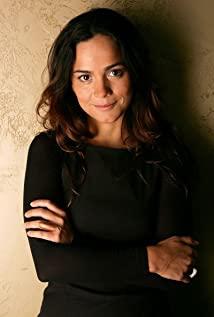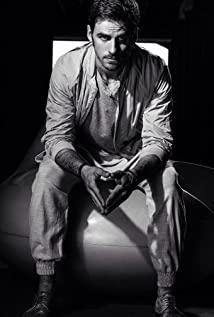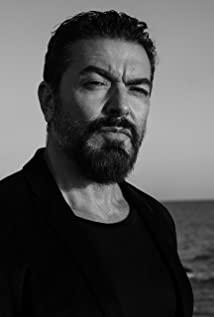Roughly it reminds me of this novel by Ted Jiang. Of course, his story is more profound than this one in my opinion, and the discussion is more complicated. If you have the opportunity to make a movie, it will be very cool and interesting. The core of the two is very similar.
Many people actually understand belief as a relatively superficial thing, such as miracles/devil possession = proves that there is a god. Although this film looks like this on the surface, it actually jumped out of this circle a little bit: the male protagonist has seen evidence of demon possession all the way, but he still chooses not to believe it, until he exorcises the priest for the first time. I've seen all weird things, but I still don't believe it, why? Because knowing the existence of hell, demons, angels, and heaven = knowing the existence of God does not mean "believing in the power of God."
What is true faith? Many superstitious people will say: God loves us, so pious prayer can prove our love to God, so God will reward us with happiness. This logic is equal to one-handed payment and one-handed delivery. I worship you for your guarantee. It is no different from paying protection fees. If you add the propaganda that "you don't believe in God, you will go to hell", it will not only be the underworld collecting protection fees, it is simply terror. The elements forcibly expropriate members. True faith is unconditional. Someone asked again, why should I believe unconditionally?
Because I believe in the fact that God is not a miracle. He will not interfere with the suffering in the world. Forcibly deleting suffering means deleting happiness simultaneously (just like if you are not hungry, you will not want to eat, and you will never appreciate it. It’s time for food), people must understand that good and evil are two sides, and they are inseparable. God's role is to make a lifebuoy to help you find a way out in the chaotic river of good and evil. Therefore, you know that there is no use for God, you have to understand "believe in God to give you strength". The so-called unconditional faith is to understand from the root that God cannot give you miracles. Think about what he has eaten and support, and find you one by one to heal you and make you rich... Is your vision too small? A little bit? What a believer gets is actually the blessing he gets after he corrects his worldview and improves his attitude towards things.
In this film, the male protagonist began to change after hearing Angelina say "You are not alone". The root of his previous unbelief was his incomprehension of his mother's death, that is, he did not understand why God allowed it. Sadness exists, and when he grew up, he finally understood that the sad moment for him was also full of the warmth of his mother because of the faith, and indirectly answered the question he most wanted to know: Where was God at that saddest moment?
The same is true in Ted Jiang’s novels. People can see angels and hells. Angels go down to the earth and even cause a lot of human casualties. The protagonist still didn't believe in God until he was reunited with his wife in heaven, and finally believed in God at the last moment of chasing the holy light, but he was still thrown into hell by God.
I appreciate the last meaning in the novel: God does not represent justice, kindness, or compassion. He will not directly give you "goods". If you don't understand this, you will definitely not be a believer.
View more about The Rite reviews











